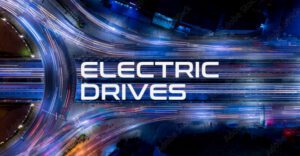A new study from Juniper Research revealed today has found that the spend on electric vehicle (EV) charging at home will exceed $16 billion £12 billion/€14 billion) globally in 2026. This is up from $3.4 billion (£2.5 billion/€3 million) in 2021.
The research estimates that 35 million households will charge electric vehicles by 2026, with around one billion charging sessions. Around 55 percent will charge using wallboxes, with 45 percent using mains plug chargers.
This rapid growth, in excess of 390 percent over the next five years, is being driven by the lower cost and convenience of home charging for electric vehicles, rather than using costly and frequently inconvenient public charging networks.
The lack of access to charging at home for urban residents is a major issue but given the current high cost of electric vehicles, the likelihood is that users will have access to off-street parking.

The research recommended that home charging vendors and automotive manufacturers form partnerships. This would be to make home charging central to future electric vehicle transitions, given the fragmented availability and high costs of public charging networks.
The research found that the average electric vehicle owning household will spend on charging will be $349 (£258/€308) in North America, $377 (£279/€333) in Europe and $678 (£202/€599) in Asia. The spend will be much lower in South America at $68 (£50/€60) and just $33 (£24/€29) in Africa and the Middle East.
The research concludes that this remarkable growth rate over the next five years will be driven by greater government incentives for electric vehicles, as well as more widespread charging service availability.
Incentives for electric vehicle ownership have significantly increased take-up in Europe, with coordinated incentives packages needed in North America to stimulate growth.
To support greater electrification, electric vehicle charging vendors must work with governments and other stakeholders, including fuel retailers, to plan coordinated public charging network roll-outs. If not, the mass electrification of mobility will stall.




